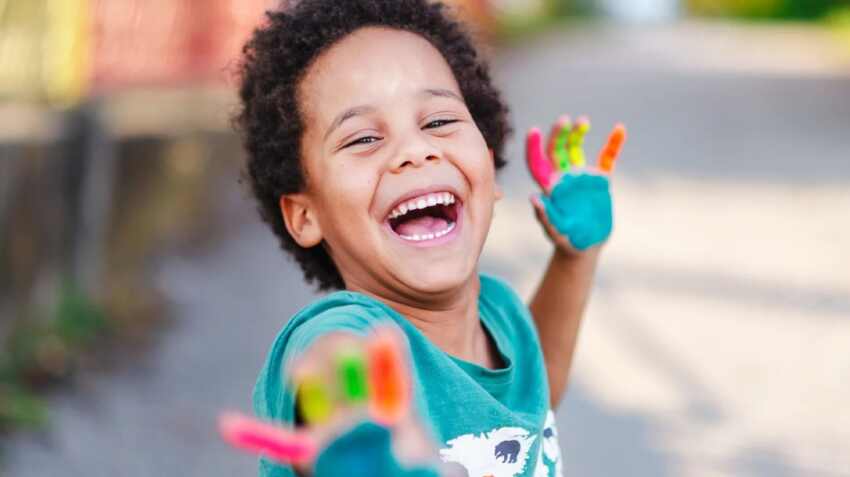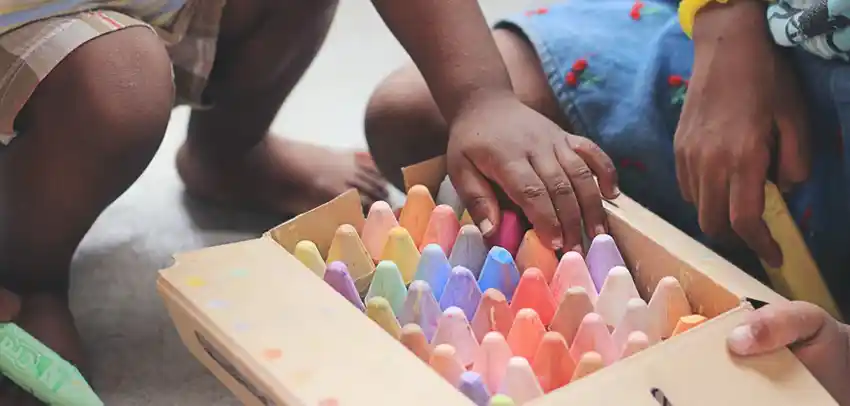Montessori education is known for its emphasis on hands-on learning, promoting independence, and following the child’s natural curiosity. In the field of mathematics, one key area is measurement. Montessori measurement activities for kids provide engaging and interactive experiences that help children develop a solid understanding of concepts like length, volume, weight, and time. Through these activities, children can explore and learn at their own pace, striving towards mastery.
1. Length Measurement Activities
Montessori length measurement activities are designed to teach children the concept of length, while also developing their eye-hand coordination. The use of concrete materials, such as Montessori pink tower or brown stairs, helps children experience measurement in a tangible way. For example, they can sort and arrange different lengths of wooden rods, discovering relationships between long, short, and medium sizes.
2. Volume Measurement Activities
Volume is another important measurement concept that Montessori activities can help children explore. For instance, children can have hands-on experience filling and pouring different containers with various amounts of water. This not only teaches them about volume but also develops their pouring skills and coordination. Montessori cylinder blocks, where children fit cylinders of varying sizes into corresponding holes, are another effective tool for teaching volume.
3. Weight Measurement Activities
Montessori weight measurement activities introduce children to the concept of weight and the use of scales. Children can explore and compare the weight of different objects, using hands-on materials such as wooden or metal cylinders with varying weights. They can also learn to balance and measure weights, fostering their understanding of heavier and lighter objects.
4. Time Measurement Activities
Time can be a challenging concept for young learners, but Montessori measurement activities make it hands-on and enjoyable. Activities such as using sand timers, clocks with movable hands, or sequencing events on a timeline help children grasp the passage of time. Through these activities, they learn to tell time, understand the concepts of minutes and hours, and develop a sense of time management.
Montessori measurement activities for kids provide a solid foundation for understanding measurement concepts. By engaging in hands-on learning experiences, children actively explore and manipulate objects, fostering a deep and meaningful understanding of length, volume, weight, and time. These activities also promote independent thinking, problem-solving skills, and a sense of accomplishment as children master each concept. Incorporating Montessori measurement activities into the learning environment not only makes math fun but also enables children to develop a lifelong love for learning and a solid foundation in mathematics.
Nidhin
For More Details Call: +917510220582



